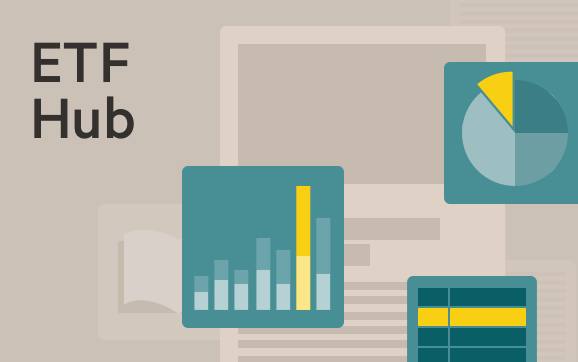[ad_1]
Latest news on ETFs
Visit our ETF Hub to find out more and to explore our in-depth data and comparison tools
Just months after swaths of downgrades of “sustainable” investment funds in Europe, the industry is braced for mass upgrades, analysts say, risking a new wave of greenwashing accusations.
The reclassification from “light green” Article 8 funds to their “darker green” Article 9 counterparts is expected as a result of a clarification issued by the European Commission in April.
Some of the funds that will move up will be among those that were only recently downgraded under the EU’s Sustainable Finance Disclosure Regulation (SFDR) classifications.
More than 300 Article 9 funds were downgraded to Article 8 in the fourth quarter of 2022, with a combined assets under management of €170bn, according to Morningstar data. And the trend continued into 2023, with €99bn of ESG funds downgraded to Article 8 in the first month of the year.
“Investors will now have to do more due diligence to understand the methodologies used. Investors may also be confused by the flip-flopping we’re likely to see over fund classification,” said Hortense Bioy, global director of sustainability research at data provider Morningstar.
The forecast confusion is due to contradictory messaging from the EU. Guidance issued last summer led fund managers to conclude that they would be held to minimum standards under the SFDR disclosure rules, but the clarification recommends a discretionary approach allowing fund managers to define by themselves what they mean by sustainable, or environmental, social and governance standards.
The flip-flopping is expected to start at the beginning of this month, according to Emil Stigsgaard Fuglsang, co-founder of Matter, an ESG consultancy and data provider.
“There have already been indications from the market that the recent Q&A [clarification] from the European Commission will usher in a wave of reclassifications from ETFs employing passive strategies tracking Paris-aligned and climate-transition benchmarks,” Fuglsang explained.
Fuglsang believes the new guidance from the Commission will actually add to existing confusion highlighted in research that has just been published by Matter, which calls on regulators to acknowledge different sustainability objectives.
Matter examined the 20 largest Article 9 exchange traded funds, the 20 largest Article 8 ETFs that had just downgraded from being Article 9, and the 20 largest pre-existing Article 8 ETFs.
It found that the newly downgraded and pre-existing Article 8 ETFs had similar environmental impacts, which means that last year’s re-rating might have served to ease investor confusion over what they were buying if a fund was classified as Article 8.
However, it also found that the Article 9 funds, with their more specialised solutions-focused approach, risked disappointing investors. Specifically, Article 9 ETFs performed worse on average on the majority of EU Principle Adverse Impacts disclosures — which require reporting of negative effects on sustainability. Similarly, Article 9 ETFs expose investors to greater levels of UN sustainable development goal misalignment than their counterparts.
Latest news on ETFs

Visit the ETF Hub to find out more and to explore our in-depth data and comparison tools helping you to understand everything from performance to ESG ratings
It is uncertain how many funds will move back up, but Bioy noted that, due to investor appetite for the more virtuous sounding “darker green” category, there were commercial incentives.
That could add to the problems highlighted in the Matter research, which found that three different approaches dominated the sustainable ETF landscape — broad ESG, Paris-aligned (committed to the transition to net zero) and thematic (such as clean energy).
“The combination of muddied waters between funds employing different approaches to sustainability, along with a largely discretionary approach to what can be considered ‘sustainable investments’, means that SFDR remains limited in terms of the clarity it offers, and will remain vulnerable to the same accusations of greenwashing that have faced it to date,” the report says.
“There is a need for a middle ground which accounts for and delineates between the diverse routes necessary to reach a sustainable future.”
Climate Capital

Where climate change meets business, markets and politics. Explore the FT’s coverage here.
Are you curious about the FT’s environmental sustainability commitments? Find out more about our science-based targets here
[ad_2]
Source link

